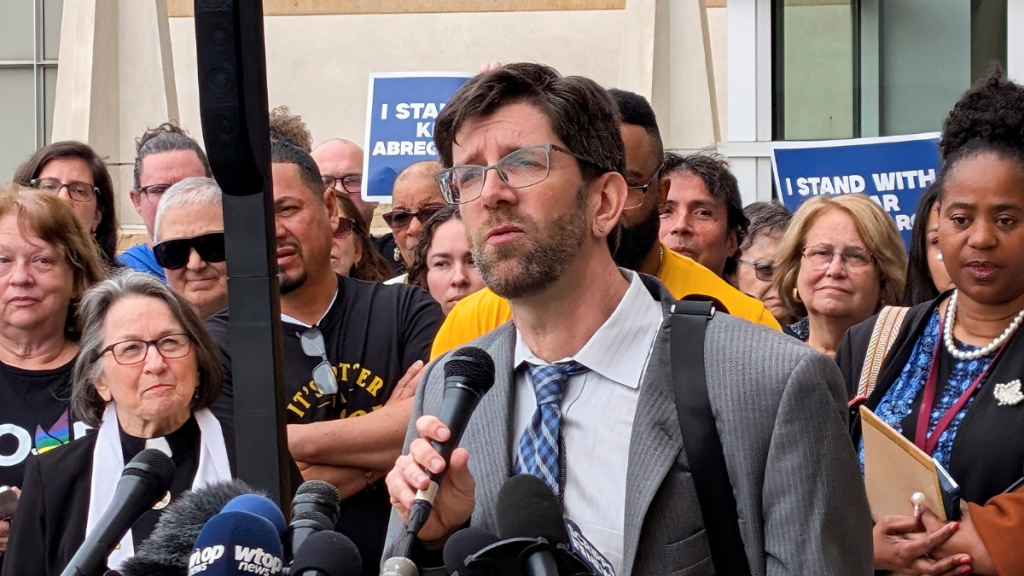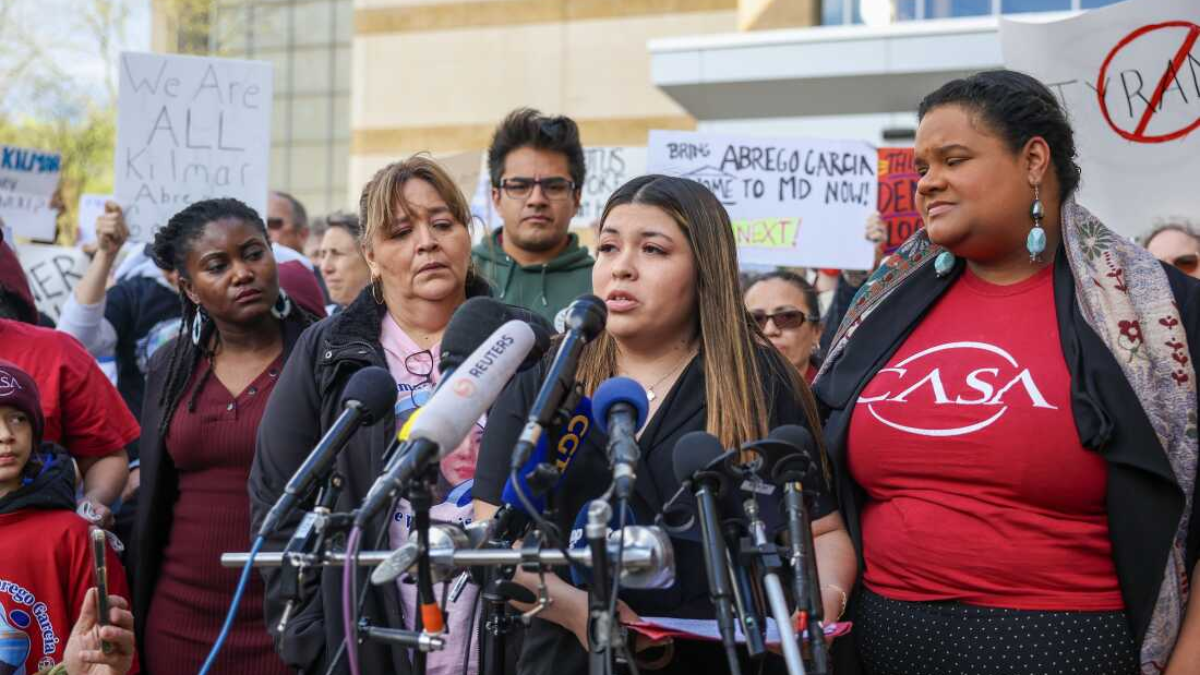In a stunning error by the Department of Homeland Security (DHS), two Massachusetts-based immigration attorneys—both born in the United States—were mistakenly issued deportation orders. The incident, which has sparked national attention, raises serious concerns about the reliability of the federal government’s immigration tracking systems.
Nicole Micheroni, an attorney from Newton, Massachusetts, received the shocking message from DHS on April 11, 2025. The communication stated she had seven days to leave the country, implying that she was unlawfully present in the U.S.
“I assumed it was an error sent to one of my clients,” Micheroni said in a local interview. “When I realized the email was about me, I was completely stunned. I was born here. I’m a U.S. citizen. I work with DHS on behalf of my clients regularly.”
Only a few days later, Carmen Bello, another seasoned immigration attorney from Norwood, Massachusetts, received a similar notice. Also a U.S. citizen, Bello was equally bewildered. “The notice was addressed to me, and it made no sense,” she stated. “This is something I’d expect in a legal thriller, not real life.”
Legal Experts and Civil Liberties Groups Sound the Alarm
The cases of Micheroni and Bello have prompted alarm among civil rights advocates, who say the incident is symptomatic of broader issues within DHS’s database and enforcement operations.
Experts argue that if two American-born professionals with legal knowledge of immigration law can be mistakenly targeted, countless others are at risk—particularly immigrants with fewer resources.
“This kind of mistake is unacceptable and could be devastating for someone without the legal training or support system these attorneys have,” said Carol Rose, Executive Director of the ACLU of Massachusetts. “It shows just how easily errors in DHS systems can lead to potentially life-altering consequences.”
The attorneys, known for their commitment to helping immigrants navigate the legal system, are now at the center of a troubling example of government overreach and data mismanagement.
According to a report from Boston.com, the DHS notices included typical deportation language: individuals were to voluntarily depart the U.S. within seven days or face removal proceedings. However, both lawyers were born and raised in Massachusetts and have never held any status other than U.S. citizenship.

A Systemic Issue That Goes Beyond Clerical Error
While the DHS has not publicly commented on the cases, immigration law experts suggest the incident may stem from a glitch or misclassification in the agency’s digital records. Errors in the system may automatically generate removal notices if certain data fields are incomplete or mismatched.
Unfortunately, such system errors are not rare. In recent years, similar mistakes have occurred. In 2018, a U.S. Marine veteran was nearly deported after a government system failed to recognize his citizenship. In 2024, a 52-year-old Florida man, also a U.S. citizen, was detained for weeks due to a misclassification in an ICE database.
“There’s a false sense of precision in these immigration databases,” said Professor Daniel Kanstroom of Boston College Law School. “People assume the system is too smart to make these kinds of errors. It’s not.”
The incidents involving Bello and Micheroni add to growing calls for DHS to revamp its internal data management processes. Immigration attorneys nationwide are now urging colleagues to double-check their own records and those of their clients to ensure no unexpected issues arise.
A Warning for Everyone in the Immigration System
Bello, who has dedicated her career to helping immigrants gain legal status, noted the irony of the situation. “I’ve spent years defending people from wrongful deportations. To be on the receiving end of one myself, as a citizen, is surreal and infuriating,” she said.
While the attorneys were able to quickly flag the issue and prevent any legal consequences, the error could have had serious implications for someone else. “If this email had gone to a permanent resident who didn’t understand the law, they might have left the country out of fear,” Micheroni added.
The ACLU is now calling for an independent investigation into DHS protocols. Lawmakers, too, are taking note. Representative Ayanna Pressley (D-MA) has requested a formal inquiry and introduced a bill proposing better citizen-verification safeguards before deportation notices are issued.
“We cannot allow careless errors to dictate who stays and who goes in our country,” Pressley said. “This is a wake-up call.”
Conclusion
The erroneous deportation notices received by Nicole Micheroni and Carmen Bello serve as a disturbing reminder of the fallibility of the U.S. immigration system—even when applied to American citizens. Their experience has exposed flaws that, if left unchecked, could endanger the rights and freedoms of countless others.
These incidents underline the urgent need for reforms in data accuracy, verification protocols, and transparency within DHS operations. As pressure builds for accountability, many hope this episode becomes a turning point for policy changes that ensure such mistakes never happen again.
For further reporting on this developing story and similar incidents involving immigration system errors, visit NBC Boston’s full coverage.
Disclaimer – Our team has carefully fact-checked this article to make sure it’s accurate and free from any misinformation. We’re dedicated to keeping our content honest and reliable for our readers.
